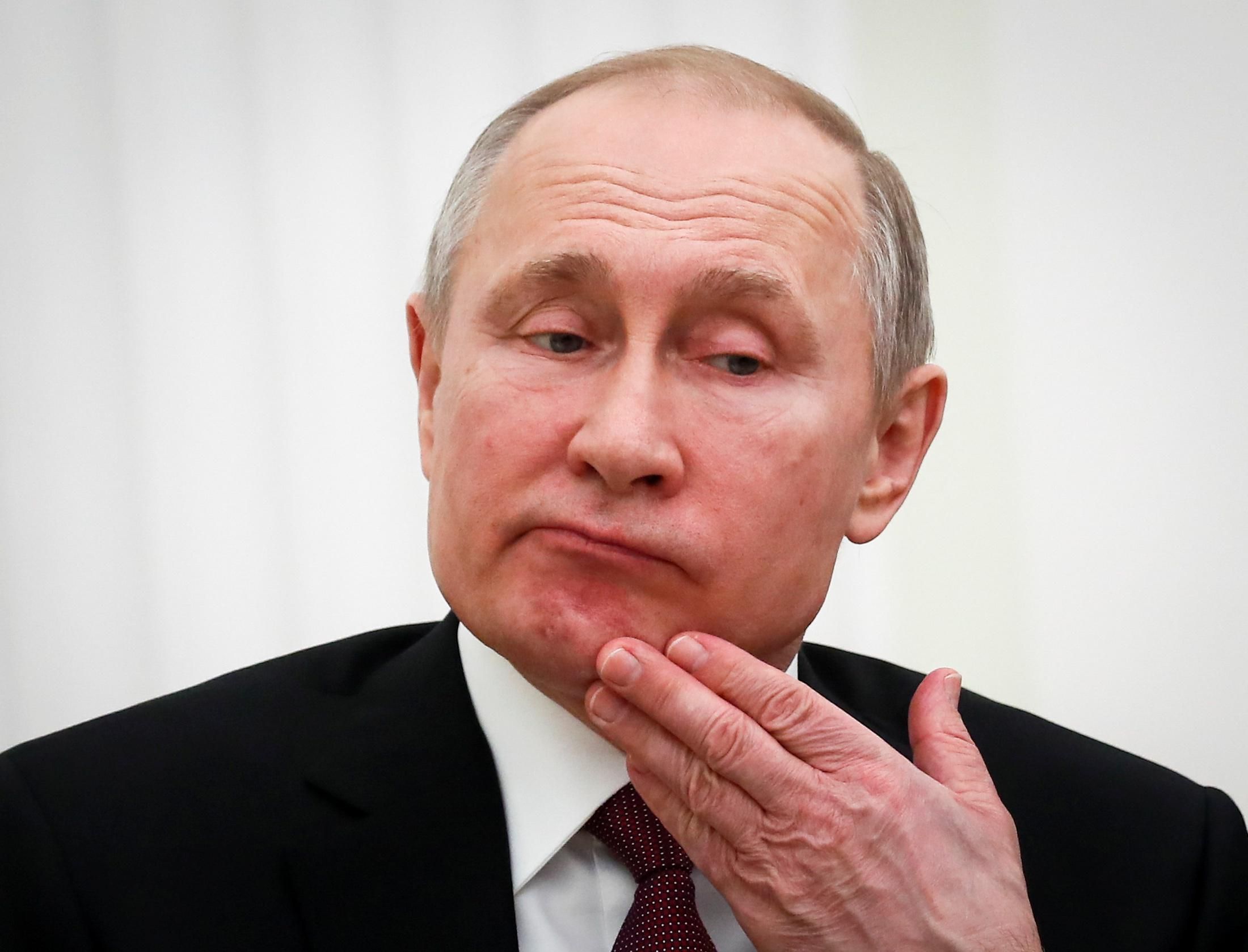For the first time in nearly two decades, NATO just got a lot closer to Russia’s borders. At a summit in Madrid on Wednesday, alliance leaders formally invited Sweden and Finland to join, ending more than half a century of neutrality by both countries.
At the same time, the alliance adopted a new strategic plan in which Russia has gone from being the West’s “strategic partner” to its “most significant threat.” And to underscore the point, NATO is putting more than 300,000 troops on high alert against Russian aggression.
Looks pretty bad for Vladimir Putin, wouldn’t you say? Well, let’s consider a few perspectives.
Yes, of course it’s very bad. NATO’s border with Russia has just doubled to more than 1,600 miles, and those two new members are no strategic slouches. Sweden and Finland are both highly advanced militaries with decades of experience keeping a close eye on Russia, especially the Finns.
From the Kremlin’s perspective, this is obviously not great. Ever since the first round of NATO expansion in the late 1990s, Moscow has complained that the eastward growth of the Cold-War era alliance is at best a snub to Russia, and at worst a direct threat to its security. Invading Ukraine — which Russia feared would join NATO one day — was meant in part to show that Moscow meant business about defending its sphere of influence against the alliance’s encroachments and expansion.
Now that looks like it’s backfired. “If Putin and Russia’s leadership view national security in terms of a sphere of influence that is threatened by the expansion of NATO borders,” says Zach Witlin, a Russia specialist at Eurasia Group, “then Finnish and Swedish accession is clearly a net loss.”
Or as NATO Secretary-General Jens Stoltenberg put it in Madrid: “He wanted less NATO, but now President Putin is getting more NATO on his borders.” Nice work, Vladimir.
No, it’s so bad that it’s actually good. Maybe there’s a silver lining for Putin. He’s spent years telling Russians that what the West really wants is to encircle, enfeeble, and humiliate their country.
In this story, Putin is the hero — a historic figure working to resurrect Russia’s dignity and great power status after the humiliations of the 1990s. The crackdowns on oligarchs, on the media, on opposition figures, on protesters — all of that was merely the breaking of so many eggs to remake the omelette of Russian greatness.
It’s a message that resonates. In 2014, the first time Putin invaded Ukraine in order to stop it from turning westward, his approval rating soared 20 points. His current war, increasingly framed as a contest between Moscow and the West, remains popular too.
But with the war grinding on far longer than he anticipated, and his economy largely isolated from the West in ways that will cut deeply over time, Putin can point to Finland and Sweden joining NATO as proof of the story he’s always told: there is a Western threat to Russia that transcends Ukraine — the bogeyman under the bed is real.
It may be that over time, as the economic reality of isolation from the West really hits home for most Russians, even this narrative could lose its appeal. But for now, there’s something for Putin and his state media to mine, and they’re doing it: some 60% of Russians think they have “reasons to fear” NATO. That’s up 20 points since before the invasion.
Or maybe it’s not the most important thing right now, after all? Putin has a lot going on at the moment, between his bogged-down war and his moribund economy. And while he doubtless lost face by failing to scare NATO into shutting the door on Sweden and Finland, it’s hardly the biggest issue for him right now, says Mark Galeotti, a Russia specialist and senior associate fellow at the Royal United Services Institute.
“It’s on the level of getting a splinter from the arrow that’s just gone through your thigh.” Ouch!
This comes to you from the Signal newsletter team of GZERO Media. Subscribe for your free daily Signal today.
More For You
Most Popular
In this Quick Take, Ian Bremmer reacts to President Trump’s State of the Union address, calling it “a rehashing of the greatest hits” with little new policy direction.
Small business hiring surged 7% above the 2024 average in December, led by a surprise rally in retail. But with uncertainty still historically high and mounting concerns over tariffs, can this momentum survive 2026? Explore the data behind the resilience of the US small business sector. Get the latest economic insights from Bank of America Institute.
